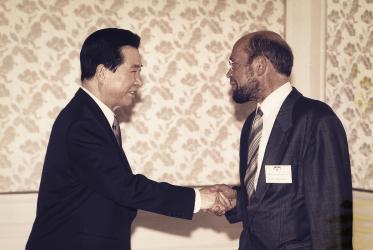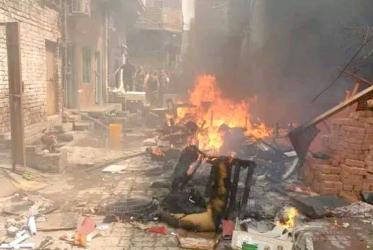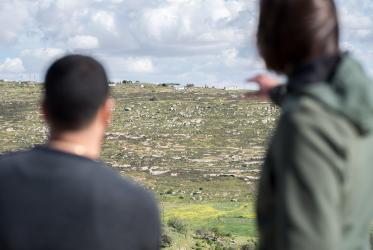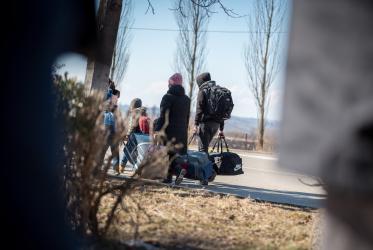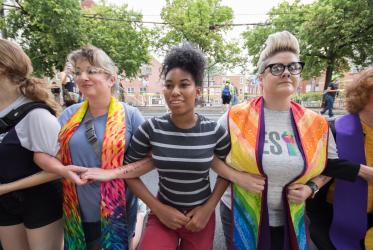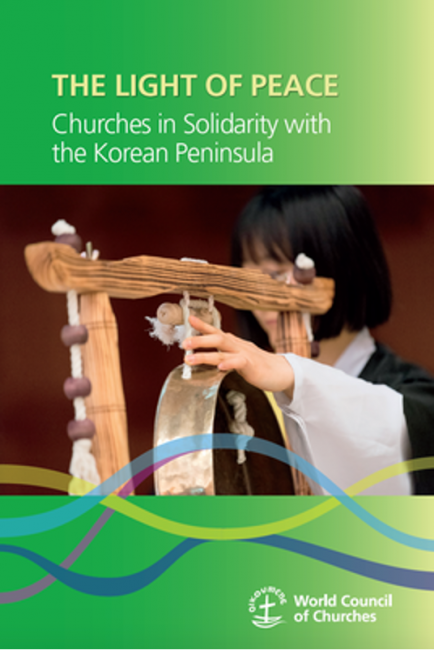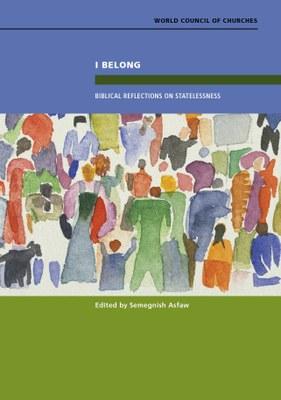Displaying 1 - 20 of 83
WCC honoured with Geneva Engage Award
01 February 2022
Pacific Theological College publishes “A COVID-19 Wellbeing Statement”
03 September 2021
“Olive trees are holy signs of peace, older than anyone”
22 October 2020
I Belong: Biblical Reflections on Statelessness
Biblical Reflections on Statelessness
12 October 2020
